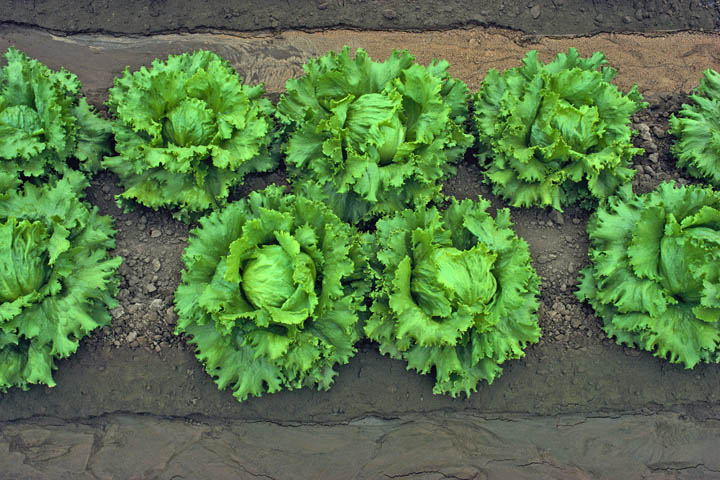June 24, 2011

Undoubtedly to the dismay of environmental activist groups chomping at the bit to disparage the “evil empires” of the big bad produce and pesticide industries, the latest federal data shows that U.S. fruits and vegetables don’t contain unsafe amounts of pesticide residues.
Several environmental groups – chief among them the Environmental Working Group (EWG), authors of the much-flawed “Shoppers Guide to Pesticides” – have been whining for months about the lateness of the Pesticide Data Program’s annual report typically issued earlier in the year by the USDA.
The statistics were released on May 25 and announced that 99.7 percent of all the fruits and vegetables tested for pesticide residues passed inspection with flying colors. “This report shows that overall pesticide residues found on foods tested are at levels below the tolerances set by the EPA,” wrote USDA administrator Rayne Pegg in a letter accompanying the report.
Despite consistent findings such as this that the U.S. food supply is safe when it comes to concerns about trace amounts of pesticides on produce, activist organizations such as EWG and other green groups continue to spew false claims that unfairly dub fruits and vegetables as “dirty,” using their annual Shopper’s Guide as a method of alarming consumers – particularly loving mothers who want to avoid poisoning little Johnny – without providing a modicum of solid scientific evidence to back up their claims.
To wit, a survey of toxicologists conducted by George Mason University in 2009 showed that 79 percent of scientists agreed that the EWG and other activist groups overstate risks. In contrast, the scientists in the survey rate most government agencies as accurately portraying chemical risks.
But positive reports such as the most recent from the Pesticide Data Program are anathema to activist groups like the EWG. You see, positive stats serve to reduce their financial bottom line and in their eyes this is simply unacceptable. So they have to pick up the pace of their fear-mongering campaigns to convince little Johnny’s mom, pregnant women and sympathetic good-hearted donors wishing to “save the planet,” to give more bucks for the cause.
In 2008, EWG reportedly received nearly $6 million in contributions. In its 2008 990 IRS form, EWG said “the purpose of the corporation is to provide non-partisan, independent, objective research on a range of environmental issues important to the public, media and policymakers.”
Clean 15
Considering this worthy and noble mission, why doesn’t EWG abandon its cutesy and alliterated “Dirty Dozen” list, and its equally cutesy rhyme-flowing “Clean 15?” Both marketing ploys are absurd when viewed on their scientific merits, but as revenue generators they pay off in gold!
The dirty list has nothing to do with the objective science of pesticide residues, and has everything to do with raking in the bucks. (On June 13, EWG released its 2011 Shoppers Guide that replaced celery with apples as the top item on its Dirty Dozen list. It should be noted that even a small child could eat hundreds or even thousands of servings of any fruit or vegetable – including apples – without any impact whatsoever from pesticide residues. See for yourself at this website: safefruitsandveggies.com/calculator/.)
Just take a look at EWG’s website to gain some insight into their true motives. They stress it’s very important to them to continue to provide you with their cutting-edge research and easy to use consumer guide. All they need is your help to do it. Give them just $10 today and you will be sent EWG’s exclusive shopping note pad featuring its Clean 15 and Dirty Dozen lists as a big special thank-you. Furthermore, click on the link seeking donations: give $10, $25, $50, $100 or however much you can afford to prevent the produce and pesticide industries – and federal agencies – from colluding to poison you and your children.
It appears that EWG sees black helicopters under every bed sheet and wants consumers to join in its paranoid delusions. Just send them money and they vow to fight to keep the demons at bay. Its list isn’t labeled “dirty” for nothing. In their opinion, there’s both a dirty conspiracy between industry and the regulators, right along with the contaminated peaches and plums.
It’s disingenuous and damaging for environmental activist groups to shout fire in a crowded theater when there’s no sign of a flame. It’s a fact that pesticides can be harmful if wrongly used; it’s extremely naïve to believe otherwise. There are associated risks involved and the crop protection industry, growers and government regulators fully realize this and take the appropriate precautions; remember, we all drink from the same well.
You May Also Like




